
Exclusive interviews with keynote speaker Lunden and program chairman Patrick I. Borgen, MD, of Maimonides Medical Center in Brooklyn, NY, outline cutting edge treatments for patients.

Exclusive interviews with keynote speaker Lunden and program chairman Patrick I. Borgen, MD, of Maimonides Medical Center in Brooklyn, NY, outline cutting edge treatments for patients.

Pharmacists can play a vital role by finding financial aid through foundations and co-pay programs.
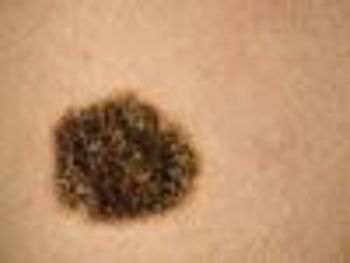
Study finds lack of adherence to sun protection recommendations.

Discovery may provide hope for treatment of most common form of brain cancer.
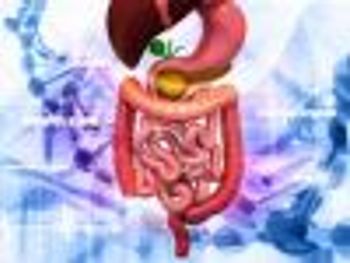
Chemoradiotherapy regimen before surgery found to be effective in patients with localized rectal cancer.

Sunitinib found to provide unprecedented antitumor activity in treatment of thymic carcinoma.

Government office cuts 16 drugs amid funding problems.

Combinations of KEYTRUDA (pembrolizumab) with Alimta (pemetrexed), Cyramza (ramucirumab), or necitumumab to be explored

Study finds many patients not receiving radiation treatment.

Women who need bone-strengthening medications with an increased risk of endometrial cancer may benefit from nitrogen form of bisphosphonates.

Targeted therapy found to shrink tumor growth.

Side effects found to make it harder for patients to concentrate.

Filgrastim is indicated to decrease the incidence of infection in patients with non-myeloid malignancies who also are receiving myelosuppressive anti-cancer drugs.
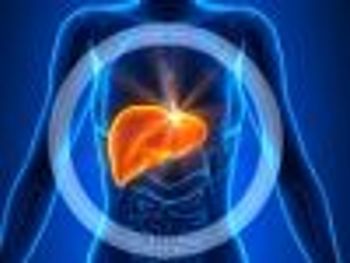
Hepatitis B vaccination reduces incidence of primary liver cancer by 84% later in life, study finds.

Many male patients being treated for prostate cancer undergo androgen deprivation therapy, which has been shown to have several risky side effects, including osteoporosis.
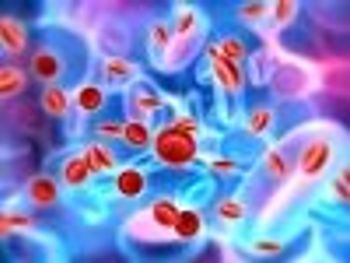
Drug currently being evaluated for treatment of hematological malignancies.

Researchers seek better targets for blocking events that lead to drug resistance.

Investigational drugs shut down critical genes and cancer cells responsible for tumor growth.

Experimental treatment effective in melanoma patients resistant to drugs that target BRAF.

Adding a building block found in DNA could aid healthy cell production in cancer patients, study finds.
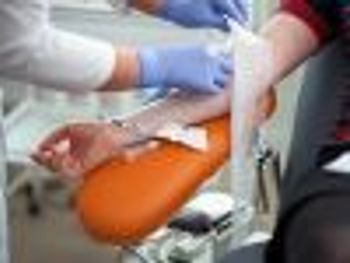
Study finds drawing blood can be a powerful therapeutic in extracorporeal photopherisis.

Vaccine therapy stimulates immune defenses.

Ashley Feldt, PharmD, MBA, director of pharmacy, oncology at Aurora Health Care discusses how technology and remote medication preparation help improve oncology pharmacy.

Patients who received brentuximab vedotin post-transplant lived longer without disease progression than those on supportive care.

Nivolumab treats patients with unresectable or metastatic melanoma who no longer respond to other drugs.

Olaparib (Lynparza) was approved with companion diagnostic that detects mutations in BRCA genes.

Olaparib treats women with advanced ovarian cancer associated with defective BRCA genes.

Treatment shows promising anti-tumor activity.

Bayer HealthCare and Cardinal Health today announced the signing of a 15-year agreement for the contract manufacturing of Xofigo (radium Ra 223 dichloride). As part of the agreement, Cardinal Health will build a state-of-the art, 64,000 square foot facility in Indianapolis, which will be dedicated exclusively to the manufacturing of Xofigo. Product manufactured at this facility will primarily be distributed in the United States and Canada.